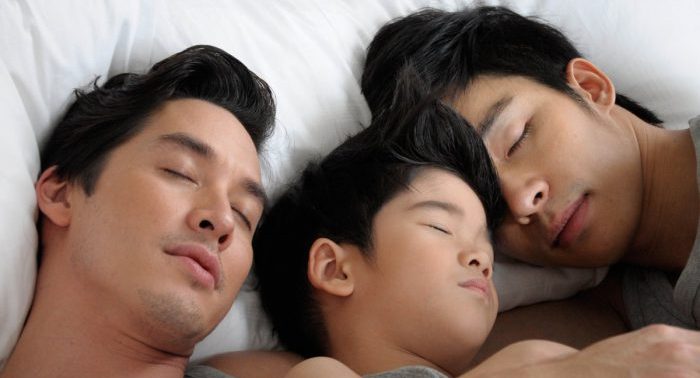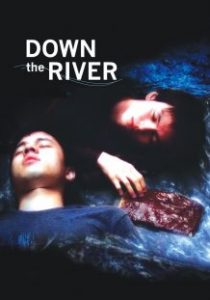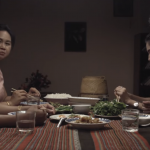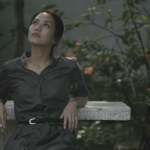Director: Palatpol Mingpornpichit
Palatpol Mingpornpichit’s Fathers is a gentle drama of emotionally loaded issues, seemingly crafted under the notion that the best way to get your argument across is to say it with inviting clarity and warmth. It is a work that leaves little to the imagination – to its detriment as art, though arguably to its credit as a response to Thailand’s national discourse – but neither is it particularly heavy-handed, presenting a simple, sweet depiction of same-sex monogamy and parenting that counters hysterical opposition with pleasant mundanity. Just about every idea and feeling expressed in Fathers sits placidly at its surface, and that is both its fundamental weakness and part of its point.
Though Thailand remains a nation where same-sex couples still fight for legal rights (including the right to marry), our initial impression is that Phoon and Yuke are living in a state of effortless domestic bliss with their adoptive son, Butr. Even the young boy’s school friends seem to take no issue with Butr’s two dads, greeting the family as they arrive to school via moped while complimenting their mode of transport as an endearing alternative to their parents’ cars. This embracing of differences, however, turns out to have its limits as Butr soon gets into an argument with a classmate that ends with him punching his peer in the face.
Once the assaulted boy’s father finds out, the roots of his son’s prejudice become clear as the belligerent father launches into an ignorant rant on the ‘abnormality’ of Phoon, Yuke and Butr’s family setup. Meanwhile, the meddling Ms. Rattiya, director of the Children’s Rights Protection Organization, plants some seeds of doubt regarding whether Butr really is best off being raised by two men, not least because of the potential stigma we’ve already seen him experience.

Though the film’s ultimate conclusion to its central debate is predictable from the start (that being: same-sex parenting is perfectly fine), the moral conflicts of the characters feel genuine all the same. While too many socially conscious films set up all dissenting viewpoints as mere ideological bowling pins for the film to ceremoniously knock down, Fathers sincerely acknowledges the misguided but sometimes well-meaning concerns on the part of the naysayers and suggests poignant uncertainty on the part of the dads about what’s right for their child. That being said, the delivery of this diverse range of viewpoints can’t escape a nagging sense of didacticism, with sporadic bouts of treacly sentiment doing little to dispel the undercurrent of ‘message movie’ blandness.
What grants Fathers a degree of richness beyond its most obvious sociocultural and political functions is how it connects the debates and indecision around its central issue to the hard decisions faced by parents in general. Though Phoon and Yuke are initially averse to letting Butr’s biological mother see her child after years of absence, the subsequent emotional reunion between mother and child is enough to provoke guilt and reflection in the two fathers. In this and other touching moments, Mingpornpichit tenderly evokes the difficulty faced by parents everywhere of distinguishing whether it is reasonable concern for their child or selfish protectiveness that motivates their choices. No character in Fathers is especially complex but each one offers their own personal flaws that catalyse the drama, with the series of conflicts often reflecting the tendency of people to let their emotions get the better of them on matters of family.
Nonetheless, for all these points of interest, Fathers remains thin on psychology and pleasant but plain in its aesthetics, leaving it to the film’s issues-based, dialogue-driven discourse to do most of the heavy lifting. For some viewers, this single thematic layer may not be enough for a wholly satisfying drama but, given the hot-button status that LGBT families continue to hold in modern day Southeast Asia, it’s difficult to dispute the necessity of more cinema finding conflict and humanity in this sadly still-contentious topic.









where I can watch this movie?